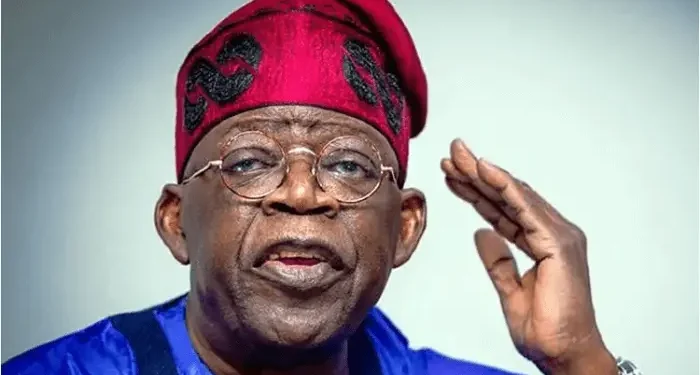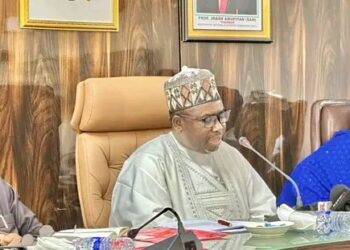The Federal Government has ordered NNPC Limited (NNPCL) to sell crude oil to Dangote and other local refineries in naira.
Mr Zacch Adedeji, Chairman, Federal Inland Revenue Service (FIRS), said this while briefing State House correspondents at the end of the Federal Executive Council (FEC) meeting on Monday.
He said NEC approved that sale of petroleum products to approved local petroleum marketing companies be conducted in naira at the same fixed exchange rate.
The proposal also includes a settlement bank (Afreximbank) facilitating both trades by providing guarantees to NNPCL to cover the payment risk of local refineries and to Nigerian commercial banks for the payment risk of petroleum marketing companies.
“This approach will eliminate the need for international letters of credit, saving Nigeria substantial amounts of dollars,” he said.
Adedeji said the refinery sector was approaching a steady-state of operations and required approximately 15 crude cargoes per month, translating to an annual supply cost of 13.5 billion dollars.
“NNPC Limited (NNPCL) has committed to supplying four crude oil cargoes monthly, leaving the remainder to be sourced from international traders.
“Currently, these transactions are conducted in dollars, significantly straining Nigeria’s foreign currency liquidity,” he said.
He explained that strategic intervention was required to leverage the Dangote Refinery to stabilise the naira and restore price stability.
“To manage the significant foreign exchange (FX) needs for local refineries and petroleum marketers, it is proposed that local refineries’ crude oil purchases from NNPCL be denominated in naira at a fixed exchange rate for a minimum period of six months,” Adedji said.
According to him, the benefits of the proposal include reduction in foreign exchange pressure, as the previous scenario utilised 660 million dollars per month, totaling 7.92 billion dollars annually.
“With the proposed scenario, expenditures are projected to decrease to 50 million dollars per month, equating to 600 million dollars annually.
“This reduction will significantly alleviate the pressure on foreign exchange reserves, leading to an annual savings of 7.32 billion dollars representing 94 per cent,” he said.
Adedeji said there would be reduced trade finance costs with annual savings of 79 million dollars in Letters of Credit costs through Afreximbank’s payment undertakings for bilateral trades.
“The benefits include stabilised petroleum product prices as the forward-selling of crude oil and refined products at a fixed exchange rate unaffected by exchange rate fluctuations will stabilise pump prices.
“Stabilising petroleum prices will likely drive the appreciation of the NGN, as petroleum imports account for 30 per cent of Nigeria’s FX demand.
“Stable petroleum prices will lower transportation costs, reducing food price inflation and positively impacting interest rates and dollar/naira exchange rates,” he said.
According to Adedji, this strategy will eliminate government control and drive independence of the market as it aims to eliminate government intervention in the management of domestic petroleum prices.
He said it would further facilitate competitiveness and allow greater market predictability and stability.
“This model, subject to the settlement bank’s (e.g., Afreximbank) credit approvals, can be replicated for other refineries, facilitating the trade of 445,000 barrels reserved for domestic consumption and achieving energy security.
“This further ensures that strategic reserves are pegged at tolerable prices driving improved economic stability,” Adedeji said. (NAN)











